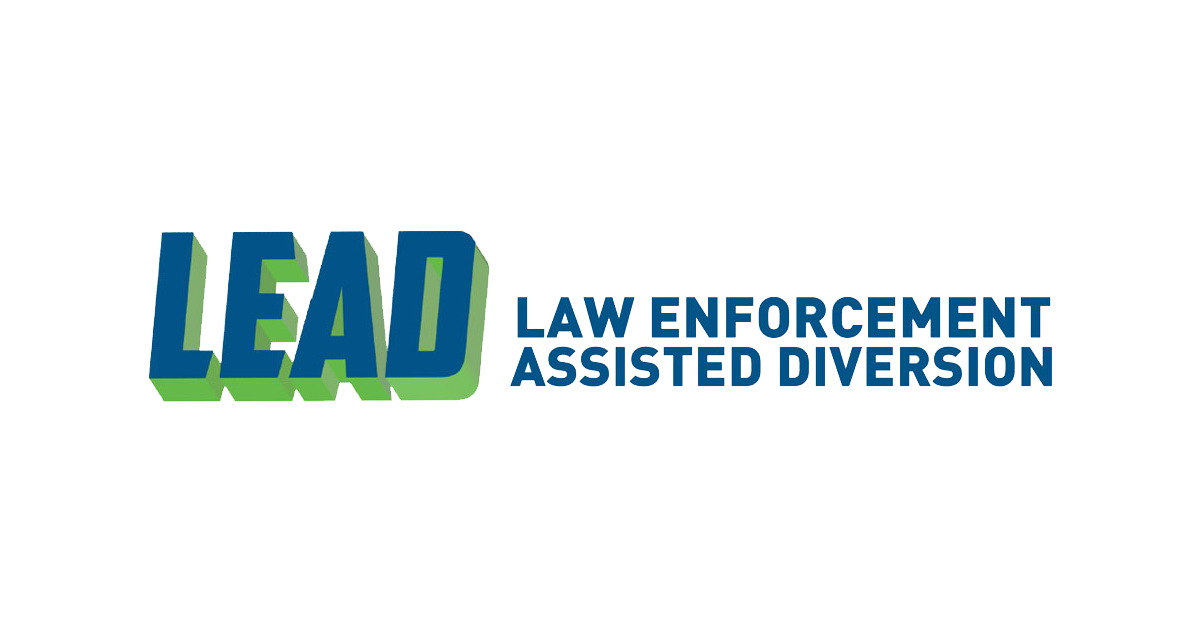
Too many people with mental illness and addictions end up behind bars. This isn't good for them, and it hasn't made the public any safer.
To cut down on the number of mentally ill people in jail, Snohomish County must reduce the number of mentally ill people who get arrested. The county can draw from the successes of cities that are shifting away from criminal justice systems designed primarily for punishment and toward systems that address root causes of crime. Research shows that over the long term, this approach leads to less crime and fewer people in jail.
Under state law, people with mental disorders can often be diverted to services, rather than arrested, at the discretion of the prosecutor and police. Reducing the number of arrests for low-level offenses keeps people with mental illness out of the expensive criminal justice system and allows service providers to tackle the underlying issues contributing to their offenses.
An example of a promising diversion program is LEAD (Law Enforcement Assisted Diversion), which has been operating in King County and Seattle since 2011. In LEAD, police officers direct low-level offenders engaged in drug or prostitution activity to community-based services, such as mental health or drug treatment, instead of booking them into jail. LEAD aims to reduce the harm an offender causes to him or herself, as well as the harm to the community.
When compared to people booked into jail, LEAD participants are less likely to get arrested again. People in the program were 58 percent less likely than people in the control group to be arrested, according to an April 2015 evaluation by University of Washington researchers. LEAD bypasses the costs and time entailed in booking, charging and requiring court appearances of an individual. It also provides individually tailored services so that the root causes of someone's criminal activity can be addressed.
Another alternative to arresting people with mental illness is to divert them to crisis triage centers, which provide therapeutic treatment, including counseling and medication. These triage centers provide a vital option for police, who are generally forced to put someone in jail or the emergency room. Several of these centers are operating around the state, and Snohomish County should make it a priority to operate and properly fund this type of service.
Diversion programs like LEAD and crisis triage centers offer proof that communities are safer when people with mental illness and substance abuse issues get treatment, not jail time.




